digitalkym
TPF Noob!
- Joined
- Apr 4, 2008
- Messages
- 7
- Reaction score
- 0
- Location
- Midwest
- Can others edit my Photos
- Photos NOT OK to edit
I use the Nikon D80. I feel my photos are sharp. Then I look at other photographer's sight and some of the photos are absolutely crystal clear and sharp. Is this the lens or the camera. kym:er:



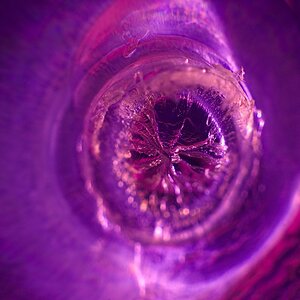
![[No title]](/data/xfmg/thumbnail/33/33847-620ea3a471c8ec2ae89451f9ee9dcb84.jpg?1619736166)
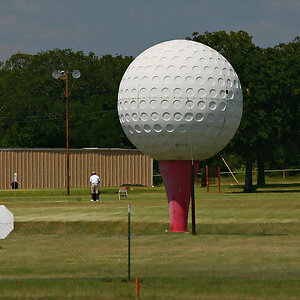
![[No title]](/data/xfmg/thumbnail/37/37608-63b0d340b0972479217b548a4026df96.jpg?1619738149)
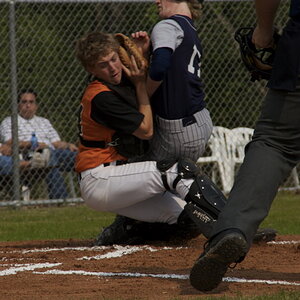
![[No title]](/data/xfmg/thumbnail/34/34077-2933006a1d00efe7d5967044e94e345e.jpg?1619736268)
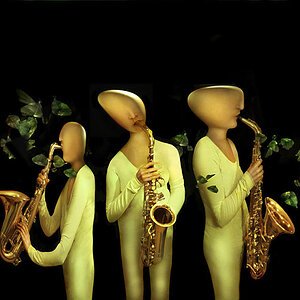
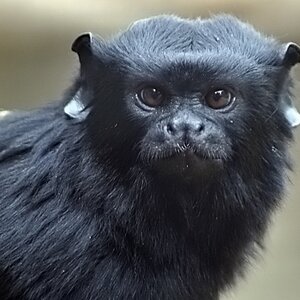
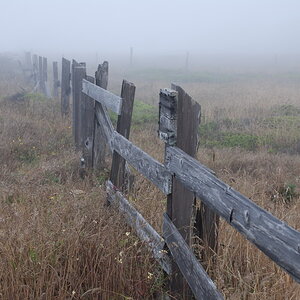

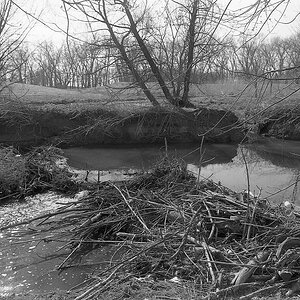
![[No title]](/data/xfmg/thumbnail/34/34078-48bd13f44e7bb42fdcc0154c5ee7c78e.jpg?1619736268)